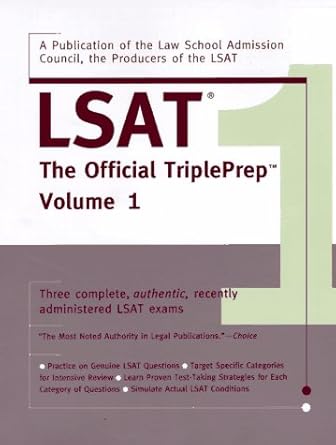Go back


Manufacturing Ideology Scientific Management In Twentieth Century Japan(1st Edition)
Authors:
William M. Tsutsui

Cover Type:Hardcover
Condition:Used
In Stock
Shipment time
Expected shipping within 2 DaysPopular items with books
Access to 30 Million+ solutions
Free ✝
Ask 50 Questions from expert
AI-Powered Answers
✝ 7 days-trial
Total Price:
$0
List Price: $28.99
Savings: $28.99(100%)
Solution Manual Includes
Access to 30 Million+ solutions
Ask 50 Questions from expert
AI-Powered Answers
24/7 Tutor Help
Detailed solutions for Manufacturing Ideology Scientific Management In Twentieth Century Japan
Price:
$9.99
/month
Book details
ISBN: 0691074569, 978-0691074566
Book publisher: Princeton University Press
Get your hands on the best-selling book Manufacturing Ideology Scientific Management In Twentieth Century Japan 1st Edition for free. Feed your curiosity and let your imagination soar with the best stories coming out to you without hefty price tags. Browse SolutionInn to discover a treasure trove of fiction and non-fiction books where every page leads the reader to an undiscovered world. Start your literary adventure right away and also enjoy free shipping of these complimentary books to your door.
Book Summary: Japanese industry is the envy of the world for its efficient and humane management practices. Yet, as William Tsutsui argues, the origins and implications of "Japanese-style management" are poorly understood. Contrary to widespread belief, Japan's acclaimed strategies are not particularly novel or even especially Japanese. Tsutsui traces the roots of these practices to Scientific Management, or Taylorism, an American concept that arrived in Japan at the turn of the century. During subsequent decades, this imported model was embraced--and ultimately transformed--in Japan's industrial workshops. Imitation gave rise to innovation as Japanese managers sought a "revised" Taylorism that combined mechanistic efficiency with respect for the humanity of labor. Tsutsui's groundbreaking study charts Taylorism's Japanese incarnation, from the "efficiency movement" of the 1920s, through Depression-era "rationalization" and wartime mobilization, up to postwar "productivity" drives and quality-control campaigns. Taylorism became more than a management tool; its spread beyond the factory was a potent intellectual template in debates over economic growth, social policy, and political authority in modern Japan. Tsutsui's historical and comparative perspectives reveal the centrality of Japanese Taylorism to ongoing discussions of Japan's government-industry relations and the evolution of Fordist mass production. He compels us to rethink what implications Japanese-style management has for Western industries, as well as the future of Japan itself.
Customers also bought these books
Frequently Bought Together
Top Reviews for Books
Jerry Flaspoller
( 5 )
"Delivery was considerably fast, and the book I received was in a good condition."










